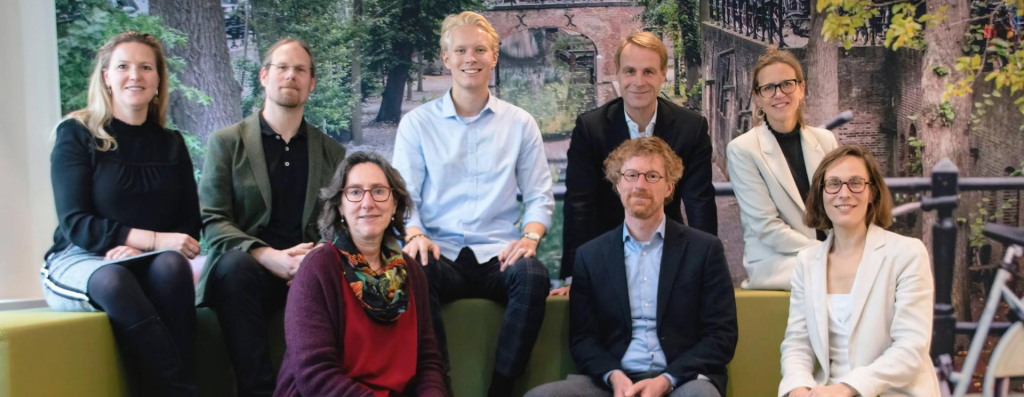Researching responsible use of AI in occupational health

The average absenteeism rate in the Netherlands has risen in recent years, increasing pressure on health and safety services. Artificial Intelligence (AI), meanwhile, is developing at a rapid pace and there are a lot of possible applications that could make occupational healthcare better and more efficient. This also simultaneously raises ethical, legal and communication issues for use, which technical developments do not answer. For this reason, HumanTotalCare and Amsterdam UMC have launched a joint study on the preconditions for responsible deployment of AI in occupational healthcare. This collaborative PhD research project is answering those questions with the aim of developing guidelines for the responsible use of AI in occupational health.
Predicting absenteeism with AI
HumanTotalCare, whose members include ArboNed, HumanCapitalCare and Mensely, is already deploying AI in health and safety services in a number of areas. "This includes smart questionnaires for example, where sick employees complete a number of questions. Based on their answers, the expected duration, type of absenteeism and need for intervention are predicted," said Max Tijhuis, PhD student on this project. "But how AI is applied has to be handled very carefully. After all, how do you explain to an employee that an algorithm can predict burnout in two years? And do employees actually want to know that they are at an increased risk?"
Health is an individual matter
Using data for predictions raises not only ethical and legal questions, but also questions about how to place this kind of a prediction in a personal context. This, according to Astrid de Wind, Associate Professor of Work and Health at Amsterdam UMC, is mainly because health is a personal matter: "You make predictions based on how complaints, treatment and counselling have gone for other people. Predictions are based on a large group of people, but you should always keep the impact on the individual in mind."
Health and safety professionals remain essential
The input of health and safety professionals, including occupational physicians, also remains important in AI applications. "For our field and our industry, this research is incredibly important," explained Jurriaan Penders, Occupational Physician and Director of Medical Affairs at HumanTotalCare. "Data can help to quickly understand a situation, and suggest possible diagnoses and solution directions that have proven successful. With the aim of providing the right support at the right time, of course. This would allow us to shorten or even prevent absenteeism. The subject-specific contribution of health and safety professionals remains essential here. They help apply the predictions within the employee's personal context. With empathy and a focus on the individual, they make sure it can really have an impact."
Unique collaboration between science and practice
The research is a collaboration between the departments of Public & Occupational Health (Prof. Frederieke Schaafsma) and Ethics, Law and Humanities (Prof. Mariëtte van den Hoven) from Amsterdam UMC and the Research & Development department of HumanTotalCare. "This cutting-edge project is a great example of how various disciplines from science and practice can reinforce each other," says Robin Kok, Senior Consultant R&D. "It contributes to the issues of today, tomorrow and the day after tomorrow that are at play in practice and in science." The four-year study is currently in its start-up phase.
Pictured, top row from left to right: Heleen Paagman (R&D Manager), Robin Kok, Max Tijhuis, Norbert Hoogers (Executive Chairman HumanTotalCare), Frederieke Schaafsma
Bottom row from left to right: Mariëtte van den Hoven, Jurriaan Penders, Astrid de Wind